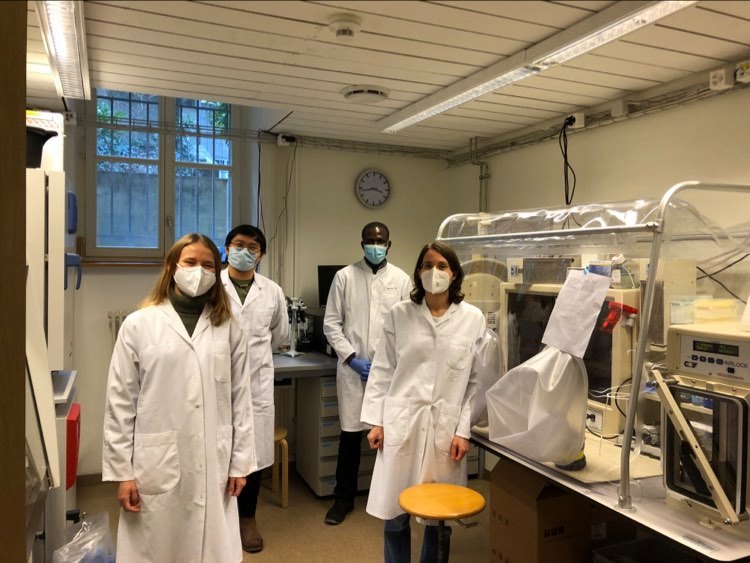With roughly 150 million children affected, undernutrition remains one of the most important public health threats. Nevertheless, we lack efficient treatments to allow chronically malnourished (stunted) children regain normal growth or prevent them from relapsing after treatment for acute undernutrition (wasting). This treatment failure is due to the fact that we know little about the underlying pathophysiological mechanisms.
Undernutrition is a complex entity entailing at the same time climatic, socio-economic and biological factors. The underlying causes of stunting range from inadequate food to poor hygiene and repeated infections. In the last years evidence has accumulated that a chronic, inflammatory syndrome of the small intestine, called environmental enteric disease (EED), also plays a major role in this syndrome. EED seems to be the result of a continuous exposure to a highly microbiologically contaminated environment and is characterized by an increase in the permeability of the small intestine and influx of immune cells into the gut epithelium. EED is also associated with changes in the small intestinal microbiota.
Our work is centered on the role of the microbiota and the gut ecosystem in different forms of malnutrition in order to contribute to the understanding of the syndromes and harness then this knowledge to develop powerful interventions strategies and treatments. We are also more generally interested in the role of the microbiota in the triad linking gut health, infection and nutrition.
To this purpose, we perform clinical/translational projects, especially in low-and middle-income countries (LMIC) and analyze the underlying molecular mechanisms using in vitro and in vivo models.
Please browse through our homepage to learn more about our work and our group. We look forward hearing from you!
